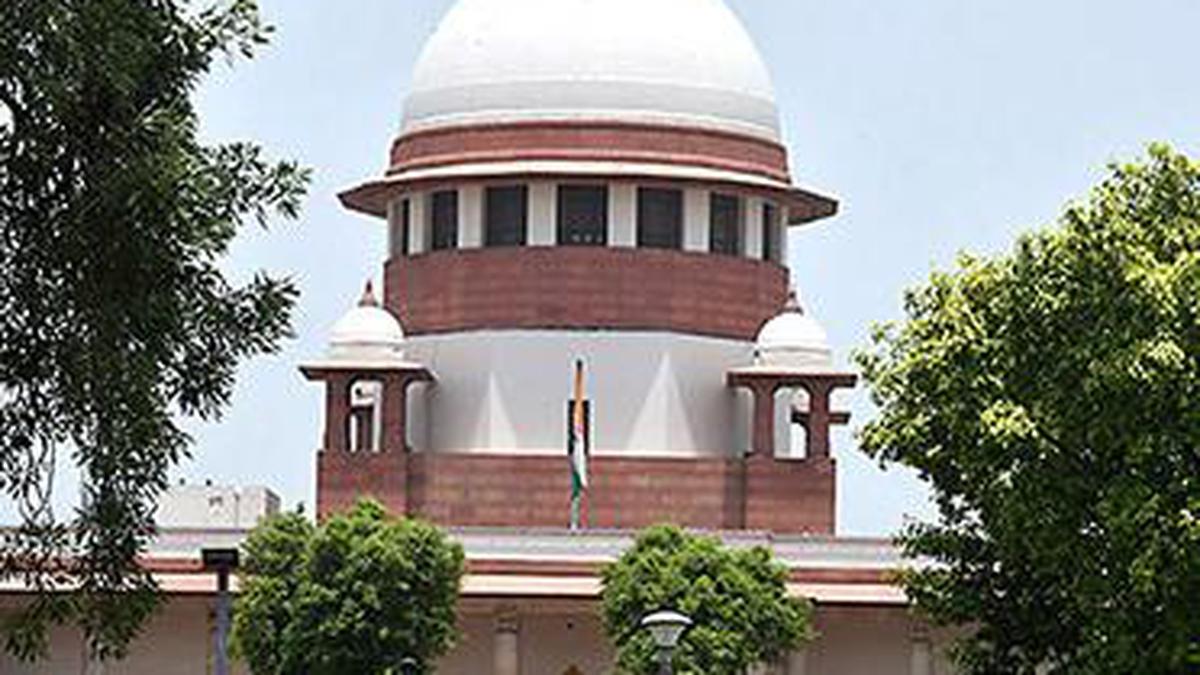
Supreme Court to examine if resolution professionals liable to be prosecuted as 'public servants'
The Hindu
Supreme Court has sought a response from the CBI on a plea against a Jharkhand HC order that a resolution professional appointed under the Insolvency and Bankruptcy Code is a ‘public servant’ and can be tried under the Prevention of Corruption Act
The Supreme Court (SC) has sought a response from the Central Bureau of Investigation (CBI) on a plea against a Jharkhand High Court order that a resolution professional appointed under the Insolvency and Bankruptcy Code (IBC) is a 'public servant' and can be tried under the PC (Prevention of Corruption) Act.
A SC Vacation Bench of Justices A.S. Bopanna and Prashant Kumar Mishra issued the notice to the CBI on a plea challenging the April 5 order of the High Court.
"Issue notice to the respondent on the Special Leave Petition," the plea said.
The top court was hearing a plea filed by Sanjay Kumar Agarwal challenging the Jharkhand High Court order.
"The present petition raises a substantial question of law that has far-reaching consequences in various proceedings pending before various courts in the territory of India: whether a resolution professional appointed under IBC, is a public servant as defined under the PC Act, and thus can be subject to proceedings and prosecution under the PC Act," the plea said.
The High Court had held that a resolution professional performs 'public duty' within the meaning of Section 2(b) of the PC Act and hence is a 'public servant' liable to be prosecuted.
The appointment of resolution professionals is made by the National Company Law Tribunal (NCLT), which is the Adjudicating Authority for the insolvency resolution process of the companies under the I&B Code, 2016. Resolution Professional has a key role to play in the insolvency resolution process and to protect the assets of the corporate debtors.











